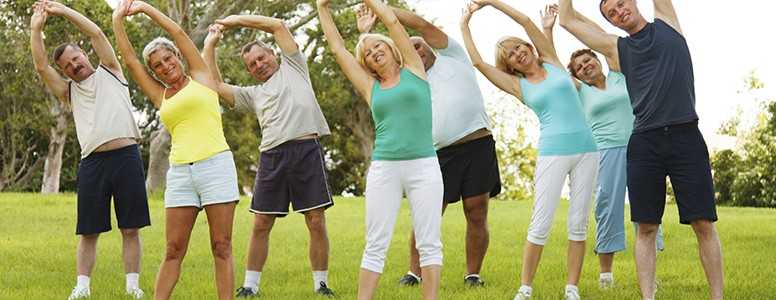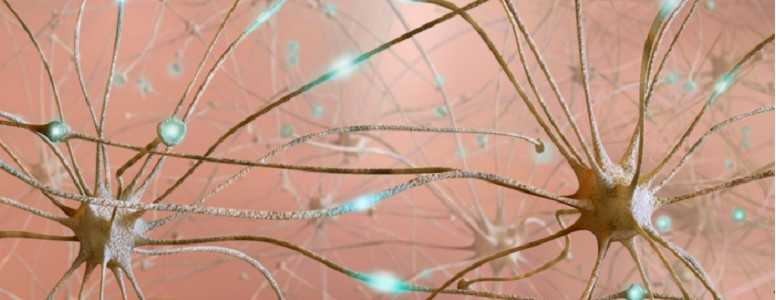People who walk or cycle for the recommended 150 minutes a week can reduce their risk of type 2 diabetes by 26 per cent, a new study suggests.
The findings, published in the online journal Diabetologia, were made by researchers at University College London and the University of Cambridge, which also revealed that any amount of physical activity can help lower a person’s type 2 diabetes risk.
The Department of Health recommends that people get 150 minutes of moderate to vigorous exercise a week, which equates to roughly 20 minutes a day. Moderate aerobic exercise includes brisk walking or cycling.
But up to a third of adults in the UK do not meet this target, according to research. Earlier this year, the Department of Transport revealed that the average Briton walks for less than 10 minutes a day.
In this new study, data was reviewed from 23 studies conducted in Europen, Asia, Australia and the US. More than one million adults without diabetes were analysed, with the effects of physical activity separated from other behavioural factors, such as diet.
The health benefits for people who exceeded the recommended level of exercise were even more substantial: those who did an hour of moderate to vigorous exercise every day reduced their risk of type 2 diabetes by 40 per cent, compared to people who were sedentary.
“We already know that physical activity has a major role to play in tackling the growing worldwide epidemic of type 2 diabetes,” said Dr Soren Brage, University of Cambridge.
“These new results add more detail to our understanding of how changes in the levels of physical activity across populations could impact the incidence of disease. They also lend support to policies to increase physical activity at all levels. This means building environments that make physical activity part of everyday life.”
This week, a separate study reported that a post-meal stroll can be particularly effective at improving blood sugar levels in people with type 2 diabetes.
What's new on the forum? ⭐️
Get our free newsletters
Stay up to date with the latest news, research and breakthroughs.







